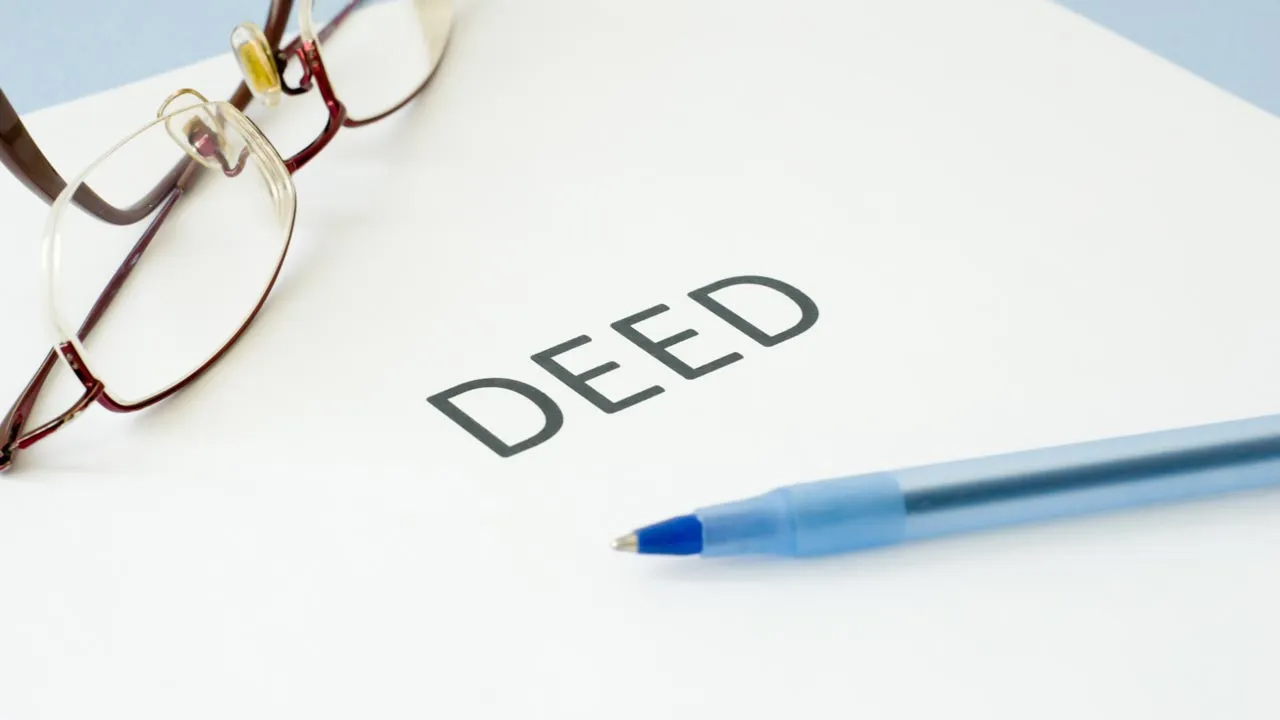
During estate planning, the importance of real estate often gets overlooked. It's essential to understand how the decisions you make now may impact you ten or twenty years in the future. For example, using a deed of trust to show ownership of a child over your home is an excellent option.
At an Orange County estate planning firm, you'll get answers to your questions and find the best way to handle real estate transactions. There are other options that you may want to consider before adding your child's name to the deed.
Adding a child to a deed of house is a great way to ensure that the child has a legal stake in the ownership of the house, whether now or in the future. However, it’s important to understand the process and implications of adding a child to the deed of a house before taking the plunge. Here’s what you need to know.
First and foremost, it’s important to understand the legal implications of adding a child to a deed of house. Adding a child to a deed of house means that the child has an ownership stake in the house and is therefore entitled to a portion of the proceeds if the house is sold. Furthermore, it’s important to consider the tax implications of adding a child to a deed of house. Depending on the state you live in, the child may be required to pay taxes on any profits made from the sale of the house.
A deed is a legal document that provides legal proof of a transfer of ownership from one person to another.
To create one, you need to adhere to state law standards for a valid deed, including formatting and other requirements A deed also includes a legal description of the property. Once you have all the necessary legal documents, the deed needs to be signed by each of the parties involved and notarized.
A deed of trust on a house is both a deed and a way to secure a real estate loan. It involves three parties, including the borrower, the trustee or title company, and the beneficiary. You can use a deed of trust to show ownership until you own a property outright.
When you create a trust deed, the trustee holds the legal title until the mortgage is paid. At the end of the real estate transaction when the borrower has paid off the mortgage or else sold the property, the deed of trust is canceled and the title returns to the borrower. However, if the borrower defaults, the property will be put through a judicial foreclosure.
Moreover, adding a child to your deed of trust involves creating a new deed that lists both of you as owners.
If you are planning on adding a name on the deed of house, consider your reasons for doing so. Many parents choose to add their children to the deed either to make sure that the child becomes a property owner or because they want to pass the house down to the child
How does a deed affect your finances? We'll discuss the effects of this change below.
Once you add your child's name to the deed of trust, there are some legal changes that you'll need to be aware of. First of all, your child becomes a co-owner. This means that when a parent wants to sell or refinance the house, the child needs to approve of it because the mortgage involves both of you.
If the home is not completely paid off, your child may be affected by monthly payments and other obligations. On the other hand, if your child gets into debt, their creditors can force a property sale to collect their payment.
The potential outcomes also depend on the matter in which your child holds legal title of the property.
Some people add their children's names to their deed because they want to make sure the property passes on to them. In this case, adding your child's name to the deed of trust may not be the best option. It may instead involve your child in a mortgage loan or any other plans you have for the property.
Adding your child's name to the deed of your home has several possible effects. Some are positive, but those positives may come with unintended negative consequences. Here's a list of the pros and cons that you may encounter.
Pros:
Cons:
When you're unsure about the best way to pass down your house, the best course of action is to get in touch with an estate trust lawyer. A qualified lawyer can provide legal advice that is tailored to your unique situation.
The best course of action may vary depending on the type of property ownership you want if you have a traditional mortgage and other concerns. For some, using a deed of trust to show ownership is a logical solution. For many others, it can cause more problems than it solves.
Schedule a free consultation and obtain quality legal advice. Contact Parker Law Offices at 949-867-4818 now!
